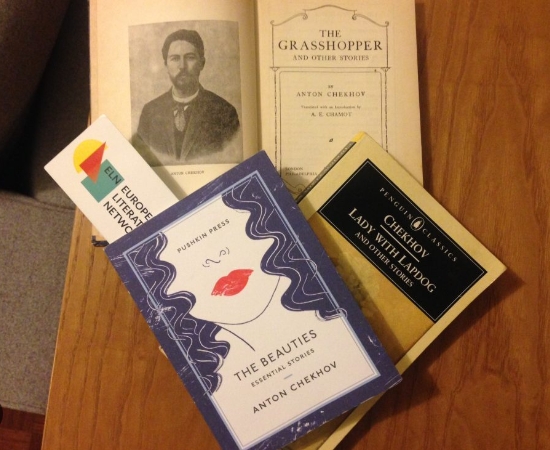Anton Chekhov’s play “The Seagull” explores complex themes of love and loss, which are timeless and universal concepts that resonate with audiences across different time periods and cultures.
Unrequited Love and Obsession
One of the central themes of “The Seagull” is unrequited love and the obsession that can stem from it. The characters in the play, such as the aspiring playwright Konstantin and the young actress Nina, struggle with feelings of love that are not reciprocated. Their unrequited love leads to jealousy, longing, and a sense of unfulfillment that drives them to desperate measures.
The Pain of Rejection and Betrayal
Chekhov also explores the theme of loss through the pain of rejection and betrayal experienced by the characters. As relationships unravel and secrets are revealed, the characters in “The Seagull” grapple with feelings of abandonment, heartbreak, and disillusionment. The play highlights how loss can manifest in different ways, from the dissolution of a romantic relationship to the betrayal of trust by a friend or family member.
The Search for Meaning and Redemption
Despite the themes of love and loss, “The Seagull” also delves into the characters’ search for meaning and redemption in the midst of their struggles. Through moments of self-reflection, introspection, and self-discovery, the characters navigate their complex emotions and try to find a sense of purpose and fulfillment in their lives. The play ultimately suggests that true redemption can only come from within, as the characters come to terms with their past mistakes and take steps towards growth and self-improvement.
The Fragility of Human Connection
Another timeless theme explored in “The Seagull” is the fragility of human connection. The play depicts how relationships can falter and crumble under the weight of misunderstandings, miscommunication, and unmet expectations. Chekhov highlights the importance of clear and honest communication in fostering meaningful connections with others, as well as the need for empathy, understanding, and forgiveness in overcoming conflicts and repairing broken relationships.
In conclusion, “The Seagull” by Anton Chekhov is a poignant exploration of the timeless themes of love and loss, portraying the complexities and nuances of human emotions and relationships. Through its rich character development, intricate plot structure, and poignant dialogue, the play continues to resonate with audiences today, inviting them to reflect on the universal experiences of love, loss, and redemption.
